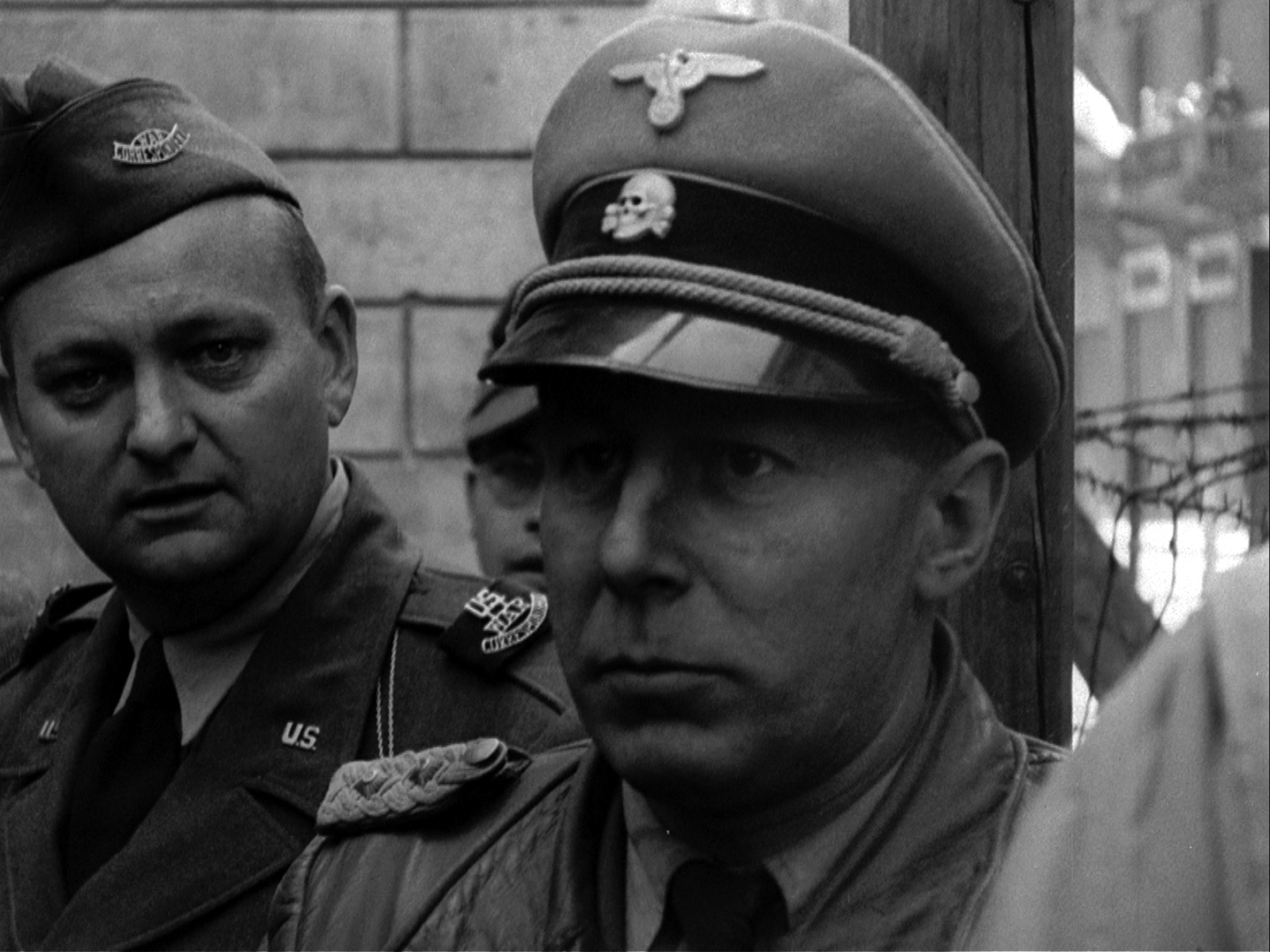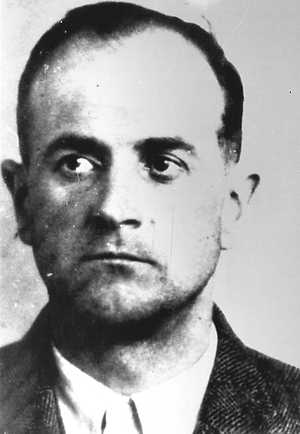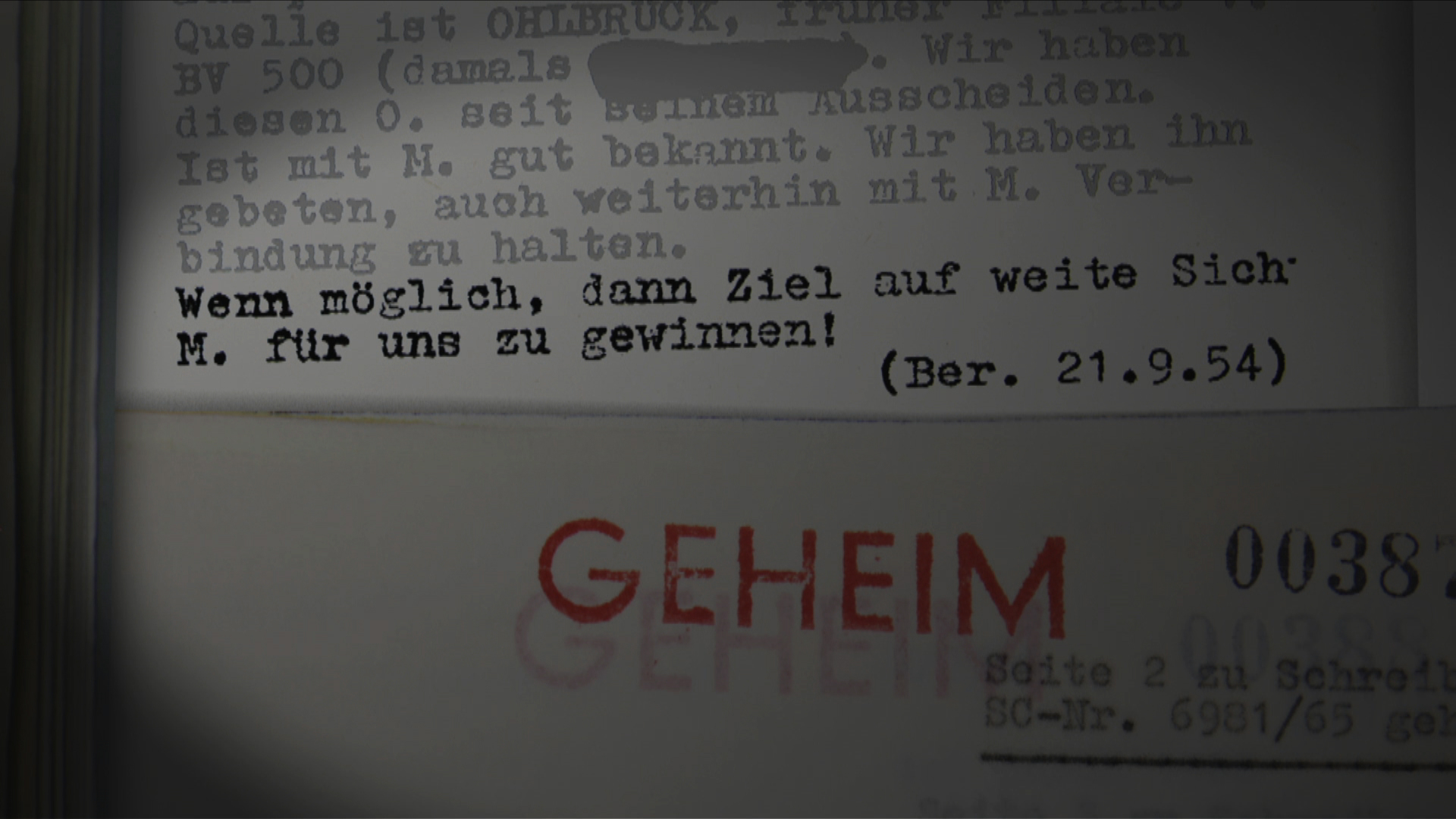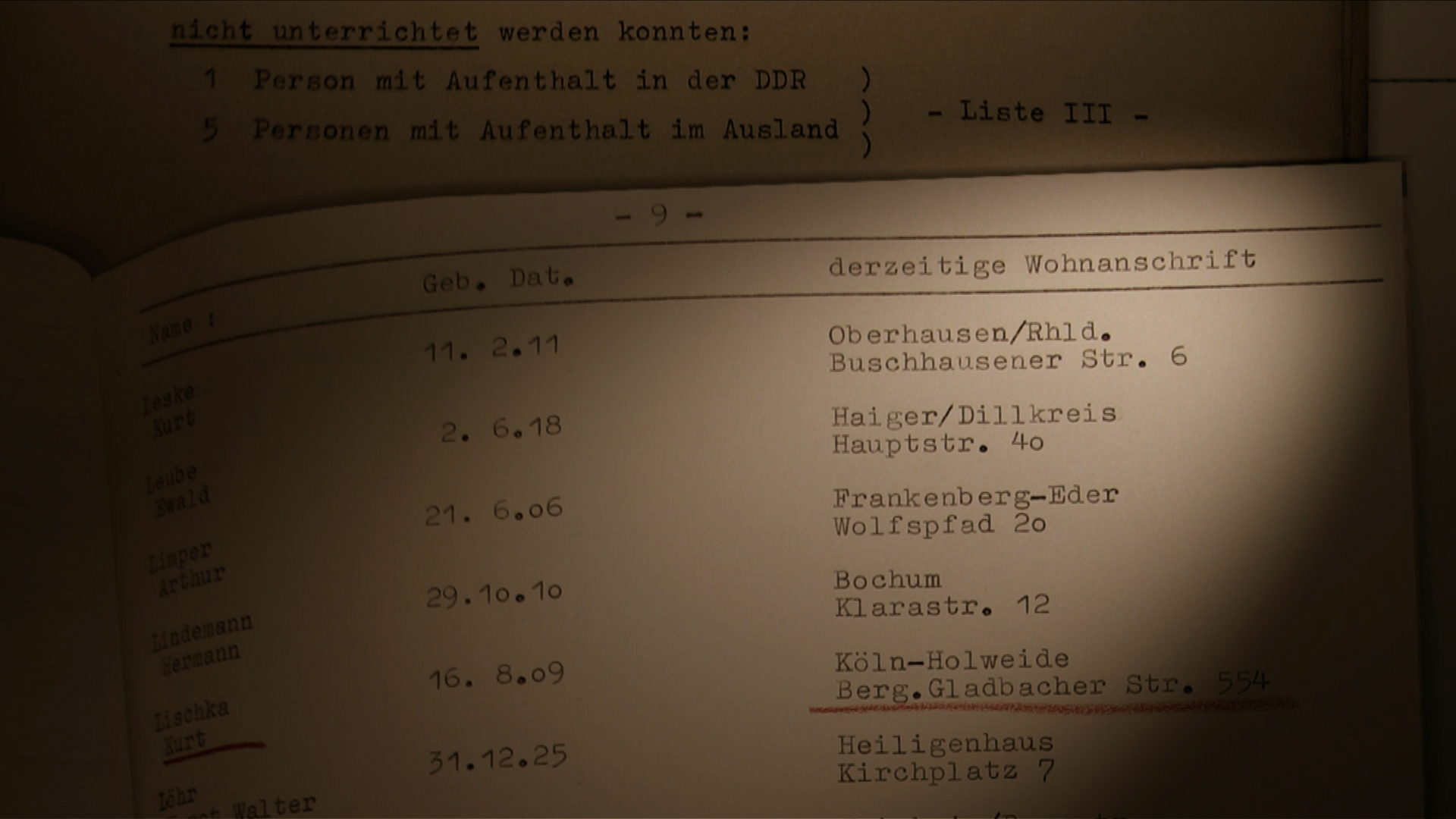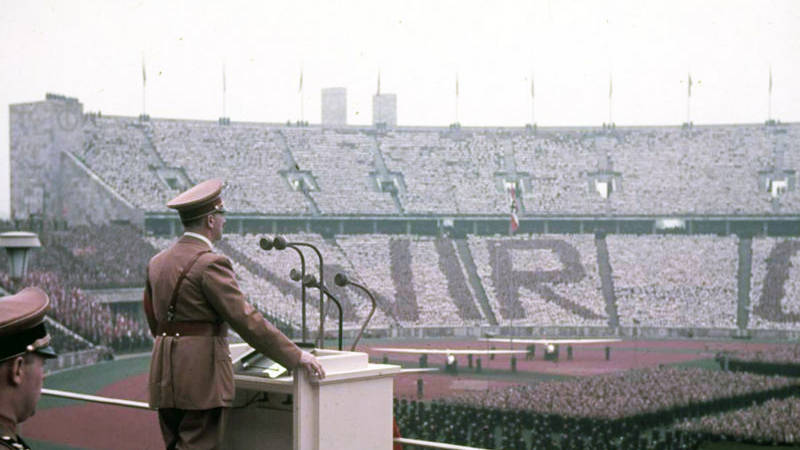The Nazi Exiles
How far did the victors of World War II go in administering justice? As the archives of the German intelligence services are opened, historians discover how many war criminals were granted impunity, with the complicity of the West German state and its allies. The Cold War suspended justice for the exiled Nazis, even providing them with new lives, with the active complicity of those who should have pursued them.
Type (Documentaire / Documentaire fiction / Série documentaire)DocumentaryGenre en anglaisHistory Directed by Géraldine SchwarzSupported by CNC, Procirep-Angoa Distributed by ZEDFestival(s)Sélection au Festival International du Film d’Histoire de PessacYear2014Duration52min
The director was able to reconstruct their exile from Rome, a hub for fleeing Nazis. Among them was Walther Rauff, one of the logistics coordinators of the Holocaust who organized the deployment of gas vans in Eastern Europe to exterminate Jews. Rauff, with the help of Bishop Alois Hudal and under the noses of the Vatican and the International Red Cross, orchestrated the exile to Syria of around fifty former Nazis, including Franz Stangl and Gustav Wagner, commanders of the extermination camps at Sobibor and Treblinka.
In Cairo, using previously unseen testimonies, the film tracks the whereabouts of several of these individuals: such as Artur Schmitt, a major-general of the Afrikakorps recruited by the Arab League; or Gerhard Mertins, a former Waffen-SS member, arms dealer, and guerrilla warfare specialist, who would later be involved in the neo-Nazi sect “Colonia Dignidad” in Chile.
In Egypt, the film also retraces the path of Johann von Leers, a former Nazi propaganda expert recruited by Nasser among others. A fanatical anti-Semite, Von Leers had worked under the Reich with the Grand Mufti of Jerusalem to promote an ideological rapprochement between National Socialism and Islam.
These activities of former Nazis in the Middle East secretly triggered diplomatic tensions between Great Britain and the Federal Republic of Germany (FRG). The former colonial power feared for its influence in Egypt, while, as the film reveals, behind Bonn’s back, the BND was recruiting some of these men to establish a stronger foothold in the region, including Gerhard Mertins and Johann von Leers, and later, Walther Rauff.
But the German secret services were not the only ones compromised in this way. By examining their activities in the Middle East, the documentary provides new evidence of the impunity enjoyed by many Nazis. Long after the war, in Europe and elsewhere, the political, religious, and judicial institutions supposed to pursue them were marked by their inertia. Many former Nazi officials were protected or even recruited by states, companies, and intelligence services of all kinds.
The press is talking about it
A particularly interesting documentary.
Focus Vif
Precise, clear, and educational.
Le Journal du Dimanche
Through numerous documents from the West German intelligence services, Géraldine Schwarz analyzes the geopolitical context that enabled the installation of these war criminals close to power in Syria and Egypt. This narrative, rich in information, testimonies, and archival images, sheds light on the Cold War period that led to inertia in the face of the influence of these criminals.
Télérama
